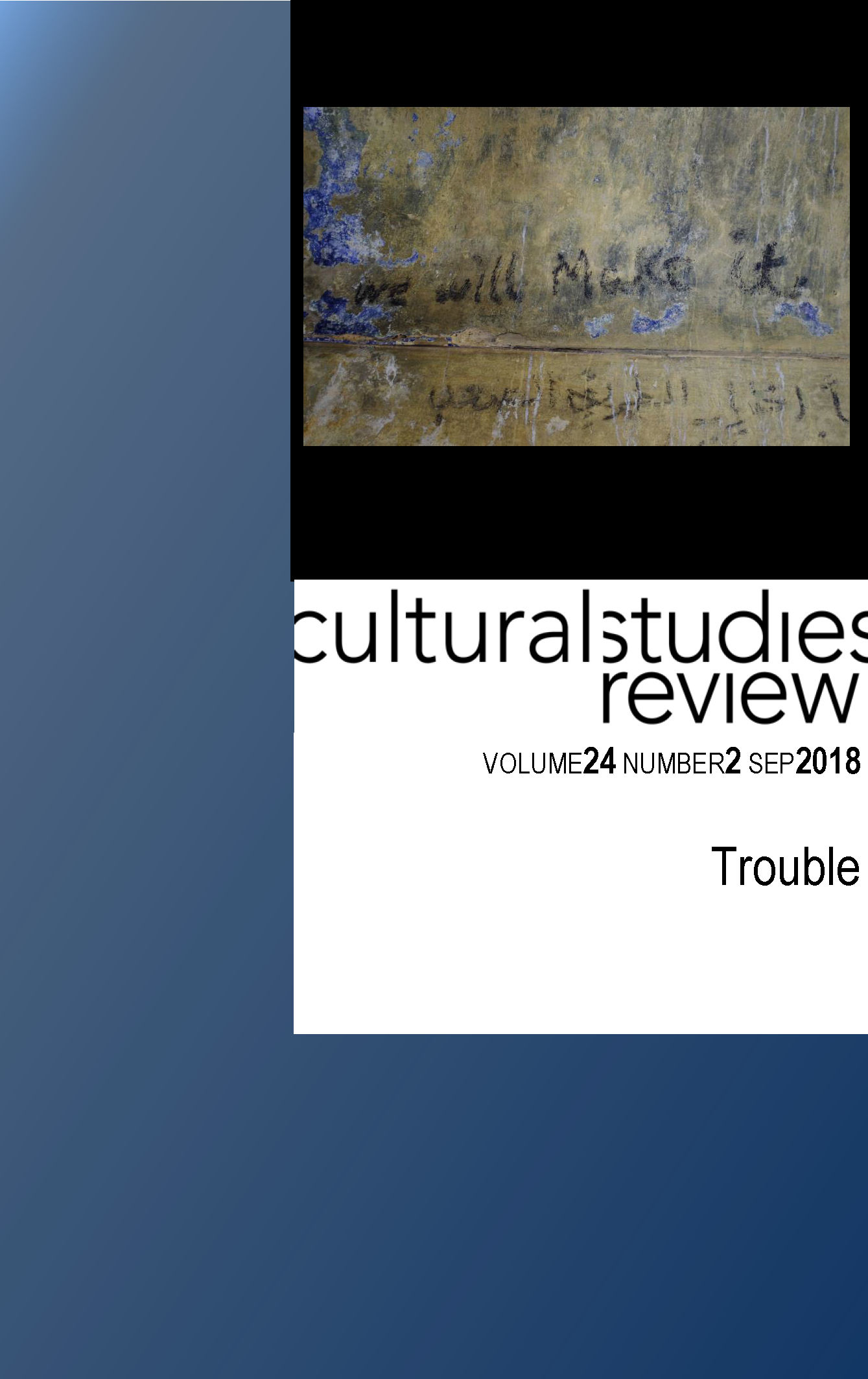Troubling representations of Black masculinity in the documentary film Raising Bertie
Main Article Content
Abstract
In this paper we undertake a critical reading of the documentary Raising Bertie (2016). Directed by Margaret Byrne, the film tells the story of three poor, young Black American males living in Bertie County. In the paratextual material associated with the film, Byrne demonstrates reflexivity about stereotyping, revealing she engaged authentically with participants over a period of six years. Further, she begins the film by signalling the critical importance of situating the boys’ lives in a long history of discrimination and disadvantage. However, this focus on context soon disappears, and an observational mode of filmmaking is engaged. As a result, the type of negative images of Black masculinity that have had considerable currency in popular culture are reproduced and overstated in the film. Raising Bertie’s images of Black males as violent and criminal, and as absent and passive, are not effectively embedded in any broader narratives of disadvantage. Despite the director’s intentions, the film risks positioning rural Black males as responsible for their own plight. Poverty is racialised and individualised. The problem the film presents becomes one of troublesome Black masculinity, rather than one of a racialised, economically and geographically unjust world.
Article Details
Section
Authors who publish with this journal agree to the following terms:
a) Authors retain copyright and grant the journal right of first publication with the work simultaneously licensed undera Creative Commons Attribution License that allows others to share and adapt the work with an acknowledgement of the work's authorship and initial publication in this journal.
b) Authors are able to enter into separate, additional contractual arrangements for the non-exclusive distribution of the journal's published version of the work (e.g., post it to an institutional repository or publish it in a book), with an acknowledgement of its initial publication in this journal.
c) Authors are permitted and encouraged to post their work online (e.g., in institutional repositories or on their website) prior to and during the submission process, as it can lead to productive exchanges, as well as earlier and greater citation of published work (See The Open Access Citation Advantage Service). Where authors include such a work in an institutional repository or on their website (ie. a copy of a work which has been published in a UTS ePRESS journal, or a pre-print or post-print version of that work), we request that they include a statement that acknowledges the UTS ePRESS publication including the name of the journal, the volume number and a web-link to the journal item.
d) Authors should be aware that the Creative Commons Attribution (CC-BY) License permits readers to share (copy and redistribute the work in any medium or format) and adapt (remix, transform, and build upon the work) for any purpose, even commercially, provided they also give appropriate credit to the work, provide a link to the license, and indicate if changes were made. They may do these things in any reasonable manner, but not in any way that suggests you or your publisher endorses their use.
